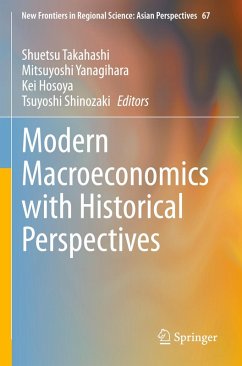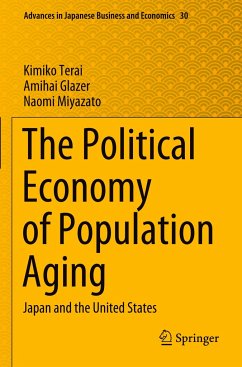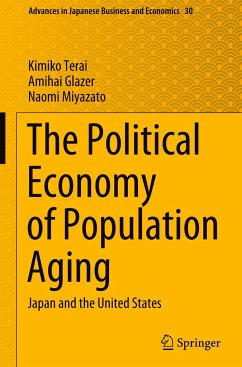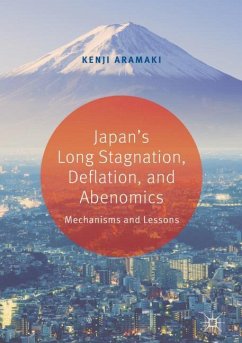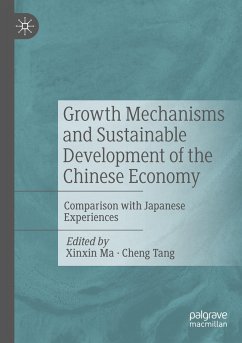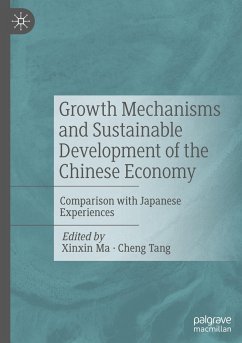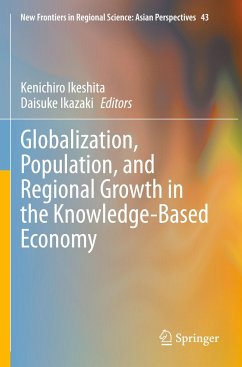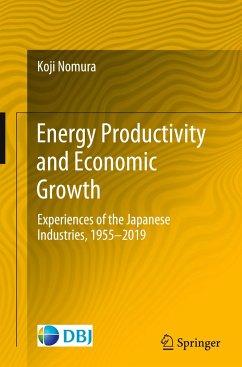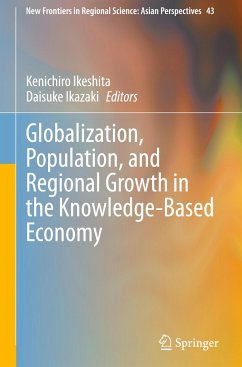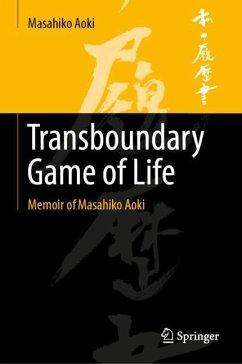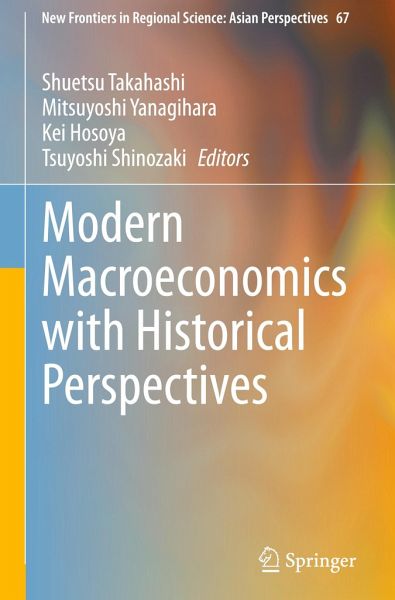
Modern Macroeconomics with Historical Perspectives

PAYBACK Punkte
61 °P sammeln!
This book gives readers advanced insights into macroeconomics with historical perspectives and proposes policies to resolve the problems the Japanese economy faces. In the past decade, Japan has experienced a rapidly aging population with an ever-decreasing number of children. This causes significant problems related to macroeconomics covered by this book: a decreasing population, an increasing public debt, an increasing social security expenditure, and deteriorating labor productivity. Thus, the government must change the course it has followed until now. These problems can be categorized int...
This book gives readers advanced insights into macroeconomics with historical perspectives and proposes policies to resolve the problems the Japanese economy faces. In the past decade, Japan has experienced a rapidly aging population with an ever-decreasing number of children. This causes significant problems related to macroeconomics covered by this book: a decreasing population, an increasing public debt, an increasing social security expenditure, and deteriorating labor productivity. Thus, the government must change the course it has followed until now. These problems can be categorized into two types: (1) human capital and (2) political institutions. The book therefore consists of two parts. The first, using a macroeconomic model, is mainly a discussion of health and education problems related to human capital. The second part deals with policy problems related to political institutions, that is, the intergenerational imbalance, preventive medicine, local public utilities, and other political issues. Through the arguments presented here, readers gain knowledge that will help to achieve the necessary economic policies in Japan.





